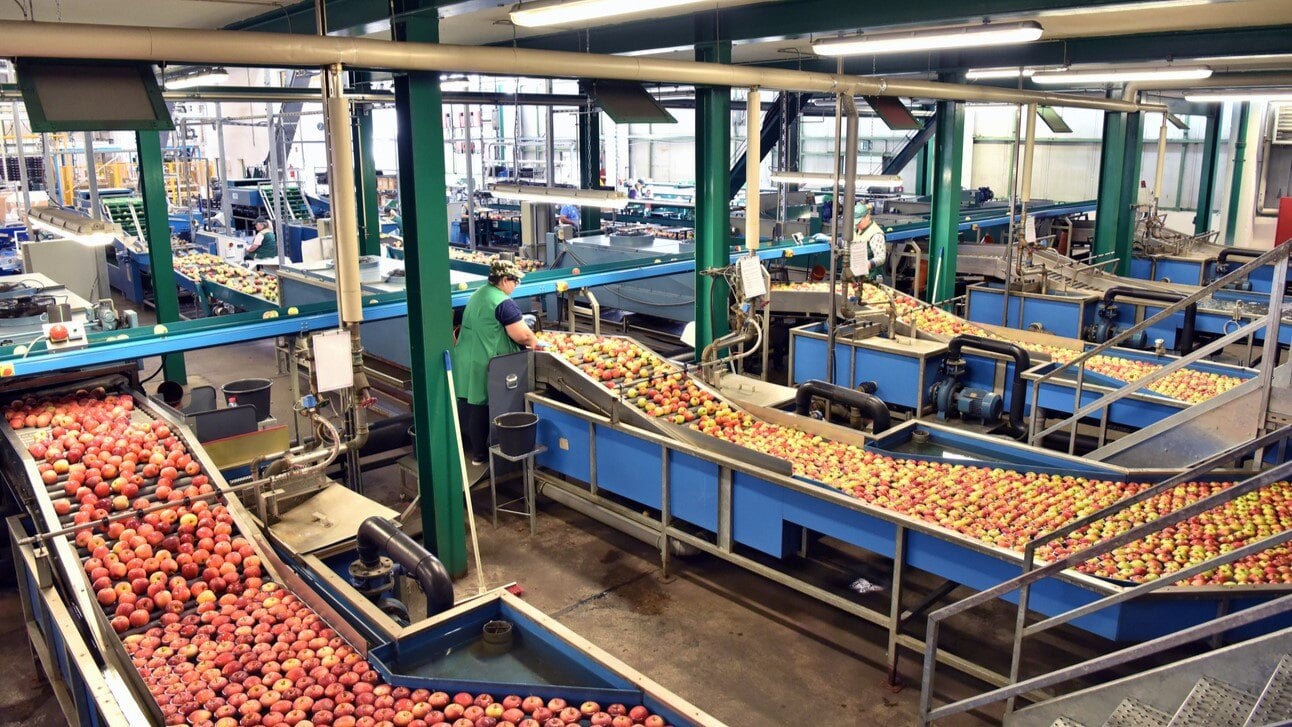Explaining the Friendshoring Trend and Its Impact on Food Safety
In 2021, the Biden administration unveiled Executive Order 14017, formalizing plans to improve American supply chain resilience through strategic trade partnerships (often referred to as “friendshoring”). The order identified around 2,400 critical goods and materials — including agricultural and food items necessary for public health — and outlined strategies for moving away from dependence on potentially adversarial states and toward trade with politically friendlier suppliers.
Like the reshoring and nearshoring movements, friendshoring has the potential to reshape the entire supply chain — including the food and beverage sector. In addition to dramatically altering supplier dynamics within the industry, these changes could have significant reverberations for food safety for years to come.
What is friendshoring?
Friendshoring — not to be confused with nearshoring or reshoring — is a supply chain strategy of moving manufacturing away from potentially risky states and toward more politically allied nations.
The goal is to prevent potentially hostile countries from developing market advantages they could use to disrupt the U.S. economy in critical sectors like rare earth minerals, energy, technology — and, of course, food and agriculture.
Strategically, friendshoring differs from nearshoring in that it prioritizes moving supply chains to allied countries without concern for geographical proximity. It’s also drastically different from reshoring in that supply chains require international trade rather than just domestic production. It’s unclear how much current and future federal policies will impact supply chain management for industry stakeholders.
What Friendshoring Means for Food Safety
Many allied nations included in friendshoring schemes (like Mexico and Canada are in the U.S.) overlap with destinations for nearshoring strategies. But other friendly countries like Australia, Japan, India, and Vietnam have no geographic proximity to the U.S. Since the metrics for friendshoring success are so removed from normal business processes, the strategy can be a bit of a wildcard when it comes to impact on food safety:
The Potential Benefits
- Improved Regulatory Alignment. Pre-existing trade agreements like the USMCA make many allies more likely to already have similar food safety standards.
- Greater Traceability. Regardless of trade agreements, the executive order encourages greater collaboration and sharing of best practices between U.S. stakeholders and suppliers in allied nations. This can facilitate deeper supply chain visibility, so all stakeholders can trust the origin of products and ingredients.
- Stronger Supply Chain Resilience. Friendshoring decreases the chance of supply chain disruption from geopolitical conflicts, which could enhance food security and reduce potential for economically motivated food adulteration, both from international suppliers and domestically.
- Deeper Consumer Confidence. Sourcing ingredients and commodities from friendly countries can enhance consumer trust in the quality and safety of their food.
Challenges to Watch Out for
- Increased Supply Chain Complexity. Diversifying suppliers always introduces a number of risks that could take time to identify, let alone mitigate. In the short term, companies that adopt a friendshoring strategy will face greater complexity as they evaluate new suppliers and integrate new vendors into their operation, which will hinder efficiency and strain resources — including those devoted to food safety.
- Higher Costs. Suppliers in allied nations like Australia, Canada, and Japan have much higher wages than the suppliers companies might typically work with, which will dramatically drive up costs. Companies will need to find other ways to offset the higher prices of goods and services but will require significant time and resources to identify effective mitigation strategies.
- The Need for Capacity Building. Some friendly nations, like Vietnam, are still developing their food safety systems, making them risky to import from without more investment into food safety capacity building. However, these systems would improve over time as increased business activity builds investment in infrastructure, which would further reinforce food safety.
- Near-Term Efficiency Losses. Switching to unfamiliar suppliers, even in ‘friendly’ nations, will require establishing new relationships, workflows, and communication standards, which will slow down efficiency and create short-term risk for error until parties are in sync.
Stay Ahead of Supply Chain Trends With AIB International
Friendshoring is just one aspect of supply chain management with the potential to impact food safety — and the landscape is evolving at a faster rate than ever. Having expert third-party guidance on the latest trends and emerging best practices is critical to mitigating risks before they create issues. That’s where AIB International comes in.
Whether you’re looking for in-depth training for your frontline staff and leadership, expert audits to evaluate food safety programs, or food safety certifications, the team at AIB International has offerings to help you meet every challenge. Sign up for the newsletter to stay up to date.


